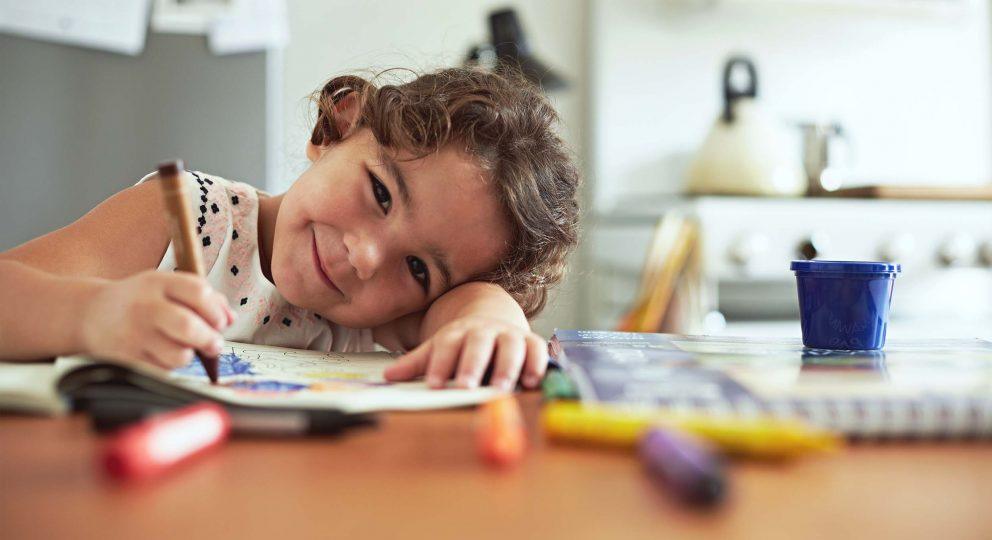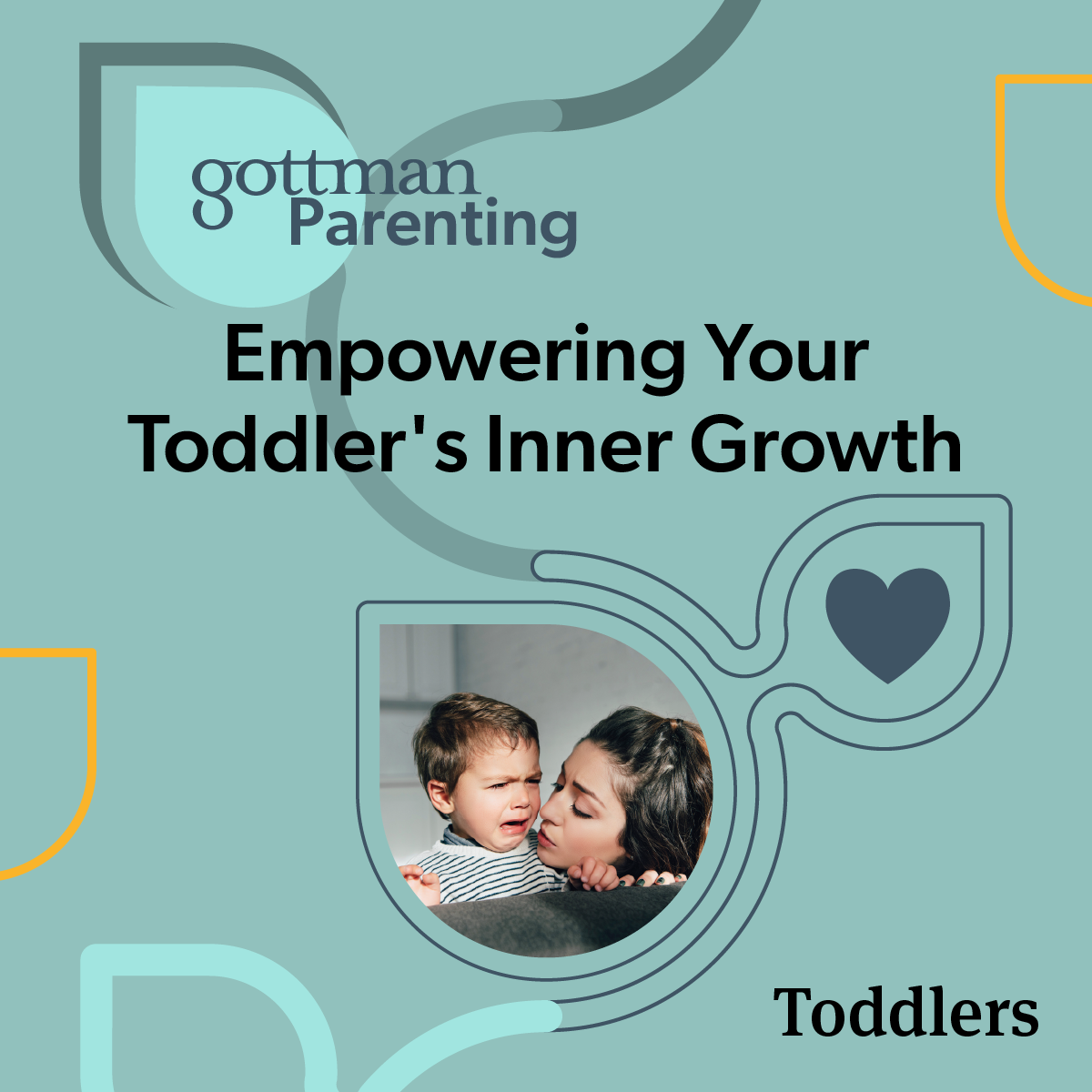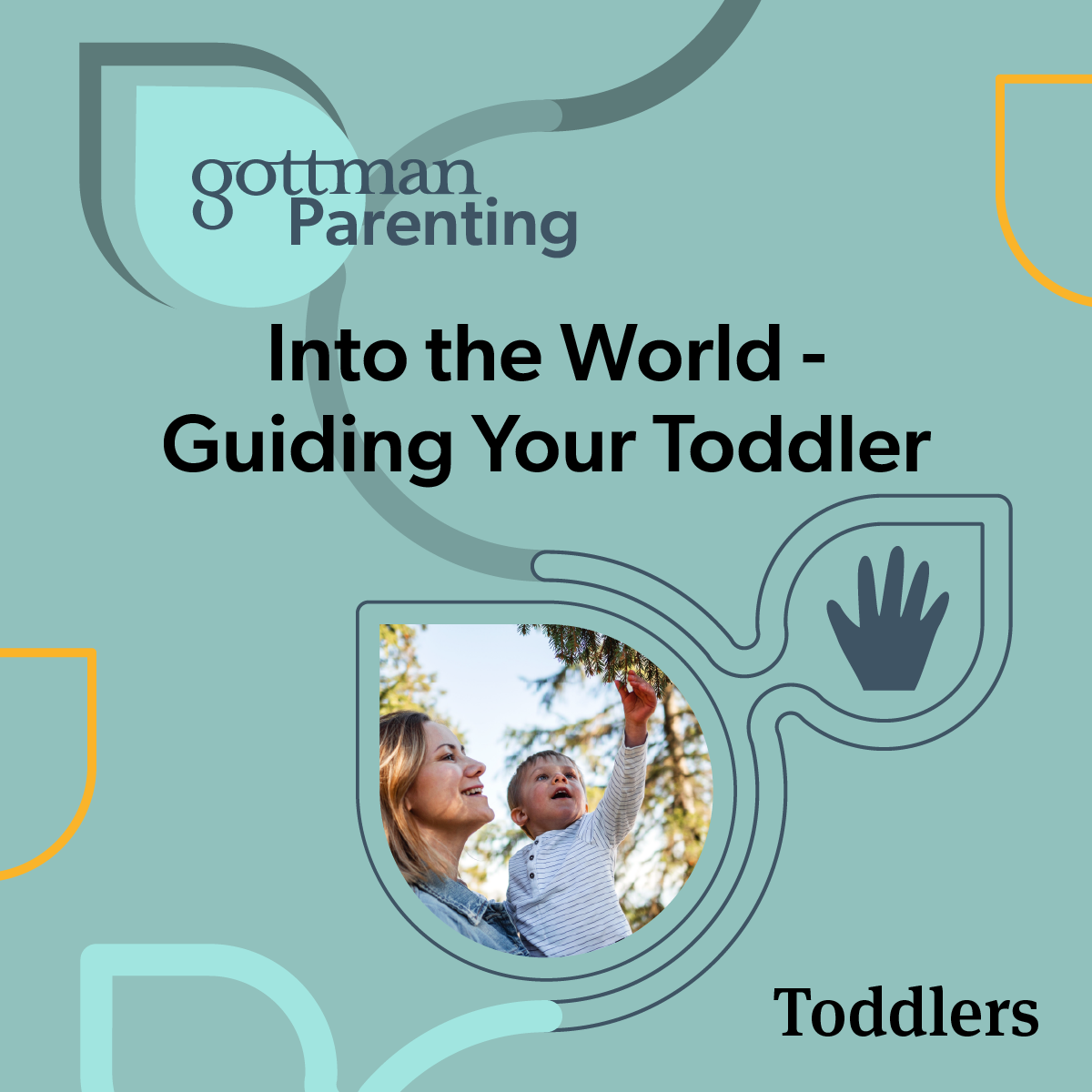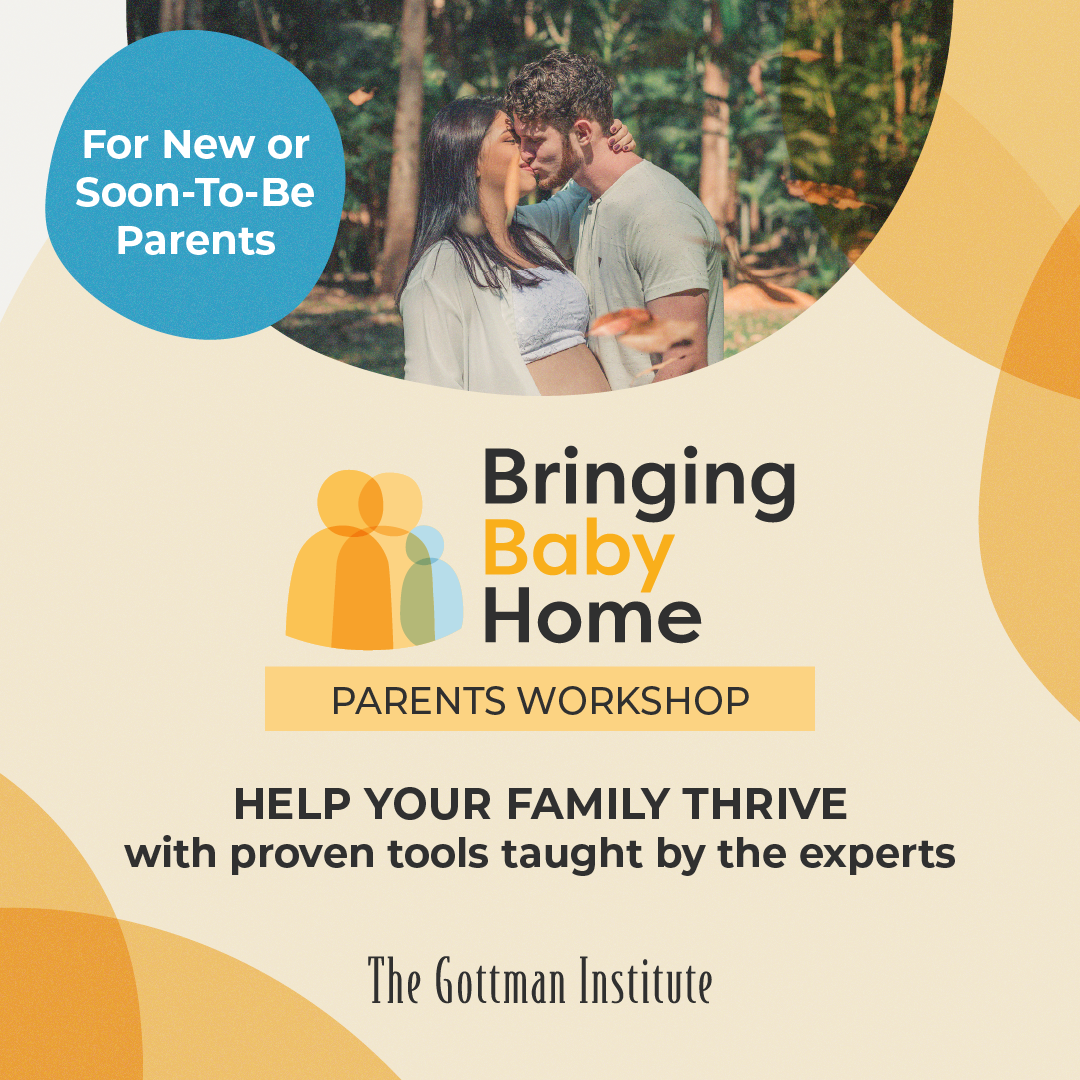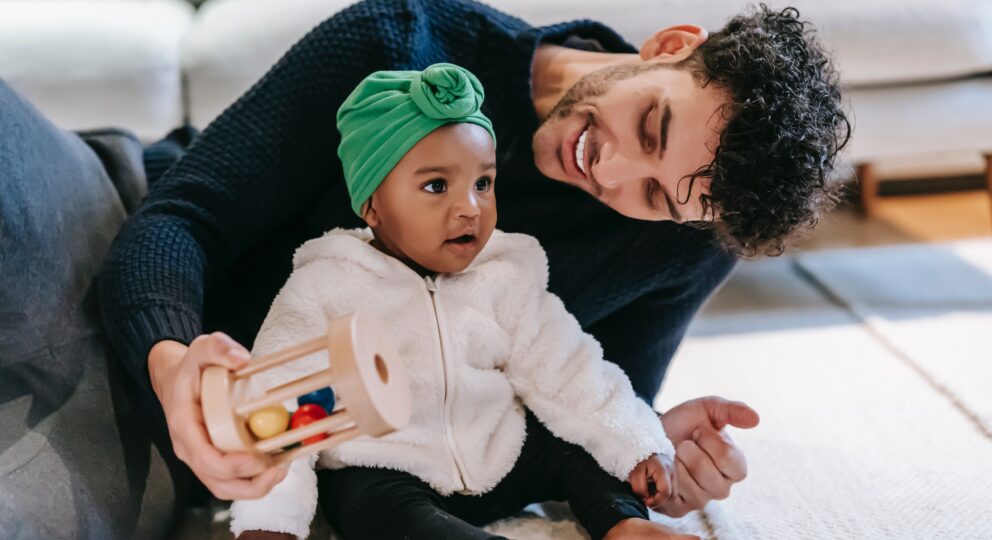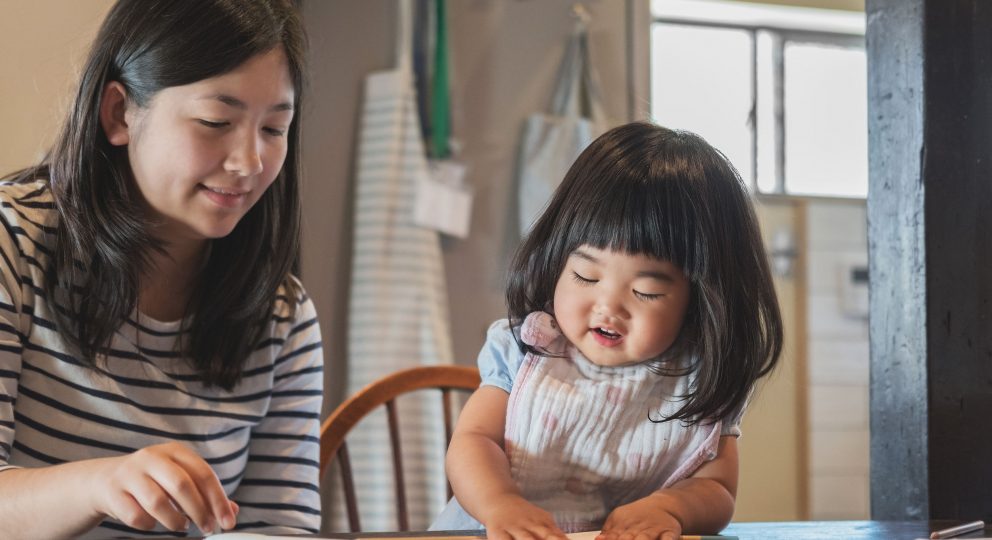The notion of “good” and “bad” children is deeply ingrained in society. People can be quick to name personality traits and behaviors that make a child “good” or “bad.” However, these labels often come as a result of adults not having enough understanding of brain development, how children process information, how they learn, and how they communicate their emotions.
Children perceived as “good kids” and respectful tend to be more sensitive and receptive, which makes them activate responses such as agreeableness and kindness to try to appease the parent. Children who are perceived as acting “bad,” disrespectful, rebellious, or defiant tend to display behaviors such as being opinionated, outspoken, and non-conforming. One is not better than the other, they are simply different ways children express their internal experience.
Understanding Your Child’s Brain Development
The human brain starts development before birth and does not fully develop until age 25. The amygdala, which helps people understand the impact of their actions, is the last part of the brain to develop. Meanwhile, from birth to five, the brain is developing everything from sensory processing to rational thinking. A child’s capacity for more complex thinking doesn’t develop until between the ages of 12 to 18. If it seems like your child cannot think rationally, it’s literally because their brain might not be equipped to do so just yet.
Fight/ Flight Protective Responses
Another factor that can impact your child’s reasoning is when, as Dr. Daniel Siegel calls it, they “flip their lid.” That is when your child or teen’s emotions get so overwhelming that they lose access to the frontal part of their brain and cannot think or act clearly. In these moments, it’s common for children to kick, scream, become fidgety and restless, throw things, freeze, argue, or even find it difficult to form a coherent sentence or thought. The best thing to do when this happens is pause, take a break, and let the brain engage in other activities so your child’s rational brain can come back online.
It’s much easier to have compassion and be more open to finding solutions when you understand that your child is not being difficult. Rather, they are experiencing difficult moments and overwhelming emotions.
Even in their Hardest Moments, What Your Child Wants the Most is Connection
Even though it may not feel like it at the moment, what a child wants the most is love and connection. It can be difficult for your child to feel connected to you when they feel misunderstood or unheard. This is why seeing the good in your child, especially in their difficult moments, can be helpful in taming difficult emotions.
Listen attentively
Listen to your children with the intent to understand, not with the intent to respond. Children tend to feel frustrated when they sense that you are not attuning to what they are saying. A child who doesn’t feel heard can raise their voice in the hopes the parent will hear them. This is an intuitive response, not a conscious one.
Reflect back what they said
Explain to your child what you understood. When you reflect back what they said, you show them two things. 1) you are indeed listening. 2) You understand their point and experience, even when you don’t agree with them.
Validate their experience
People want to know their emotions make sense, and your children are no different. Let them know it makes sense to feel the way they do and that it’s okay for them to feel whatever they are feeling.
Reaffirm your love for them
It’s important for children to know that even in their hardest moments, they are loved. When children know they are loved no matter what, it gives them a sense of safety and unconditional connection. When children value the connection they have with their parents, they are more likely to make attempts at repair and healthy communication.
Model the behavior you want your child to learn
If you ask your child to communicate using their words while you are yelling at them, you are modeling the undesired behavior. Learn to model the way in which you want your child to communicate with you. The more they see it and experience it, the easier it will be for them to learn.
Learn more about helping kids handle big emotions with Emotion Coaching. Also, read Dr. John Gottman’s “Raising an Emotionally Intelligent Child.”
Want research-backed tips on parenting delivered straight to your inbox?
The Gottman Parenting newsletter is a comprehensive, inclusive resource for parents of children in all ages and stages. Join us as we tackle modern parenting challenges, explore the latest parenting research, and more.
